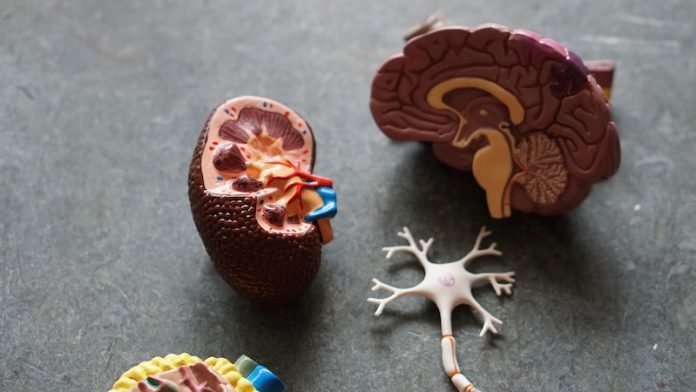
In a new study from the University of Pittsburgh, researchers found acute kidney injury (AKI), or a sudden case of kidney failure or kidney damage, can be a serious condition with long-term consequences.
They surveyed patients who survived AKI to reveal the extent of its physical, social, and emotional effects.
The study relies on an anonymous online survey that was completed by 124 survivors of AKI in 2020.
The team found 84% of respondents reported that the AKI episode was very/extremely impactful on physical/emotional health.
57% reported being very/extremely concerned about the effects of AKI on work and 67% were concerned about effects on the family.
Only 52% of respondents rated medical team communication as very/extremely good.
Individuals ages 21–65 years at the time of the AKI episode were more likely than younger and older counterparts to rate the AKI episode as highly impactful overall (90% vs. 63% younger and 75% older), more impactful on family (78% vs. 50% and 46%) and more impactful on work (74% vs. 38% and 10%).
The results indicated that interventions are needed to improve the health-related quality of life of AKI survivors.
They also showed that healthcare professionals should provide more information when communicating with patients about AKI and follow-up care.
The team says this study provides critical new information about the potential severity and range of physical and emotional impacts of AKI.
These findings should lead to the development of novel strategies to address such impacts.”
If you care about kidney health, please read studies about drinking coffee may affect your kidney health, and findings of sunlight may increase your risks of kidney damage, autoimmune diseases.
For more information about kidney disease, please see recent studies about these unhealthy eating habits may increase your risk of dangerous kidney disease and results showing why processed foods trigger chronic kidney disease.
The study is published in Kidney360. One author of the study is Galen E. Switzer, Ph.D.
Copyright © 2021 Knowridge Science Report. All rights reserved.



